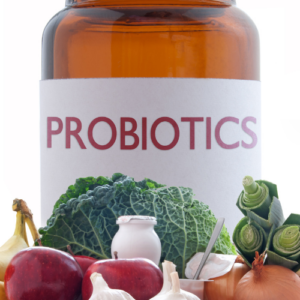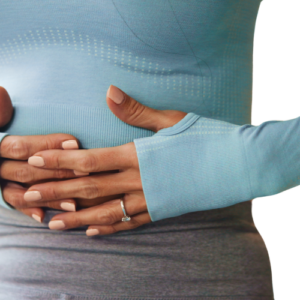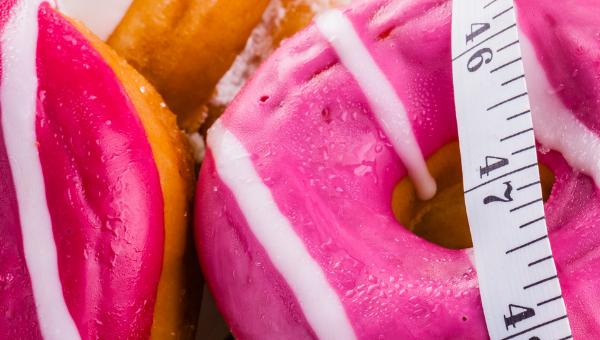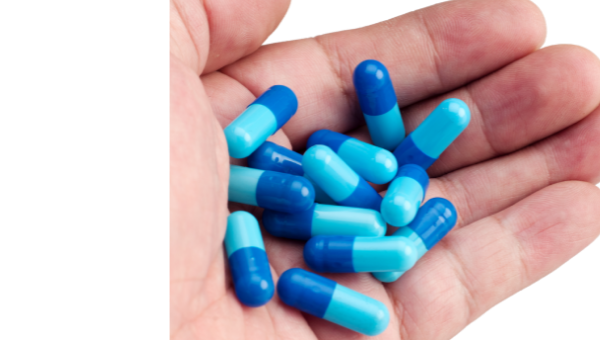Are probiotics necessary?
Our bodies—and guts, specifically—depend on a balance of bacteria to maintain healthy blood sugar and cholesterol levels, but feeding gut bacteria with pre and probiotics is necessary. It is as important as watering and feeding your plant beds. We are just a garden after all, a terrain, a living organism.
Probiotics, according to the International Scientific Association for Probiotics and Prebiotics, are “live microorganisms that, when administered in adequate amounts,” may benefit gut microbiome composition.
NOTE of caution: not all foods and dietary supplements labeled as probiotics have proven health benefits.
Should I take probiotic supplements?

Looking at the clinical trials (over 1000) of probiotic supplements, there have been too many different strains tested. Findings from results reliably say probiotics can be universally helpful. Determining the right probiotic supplement for your body can be as difficult as a 1000 piece puzzle.
Evidence for some indications is suggestive of the preventive benefits of probiotics, but additional research is needed.
How should I take probiotics?
Orally
There are numerous way to get pre and probiotics. While they are naturally present in fermented foods—like sauerkraut and kimchi, they can also be added to food products, and are available in liquid, powder and capsule supplement formats.
Anally
In our clinic, we administer and teach you how to administer them through the rectum into the large intestine… right where you need them! Through our trials here in-clinic, we have had great success with this process. Taking your probiotics via enema or bulb is an effective way to keep your gut biome in check!
A note from Jody: My health has never been better since I started treating it from the bottom. Seems strange? Well, maybe at first, but your gut is your core, your root. It’s where most things sinister start. If you’re not metabolizing or absorbing your nutrients well from the top, then start cleaning and treating from the bottom. You will be amazed at the changes possible.
Is There Any Science?
When looking at the body of scientific evidence regarding effect of probiotics on different health issues, NIH reports support the following:
Atopic dermatitis
The effect of probiotics on this most common form of eczema might reduce the risk of developing atopic dermatitis, but also may provide only limited relief. The effects also depend on the strain used, the timing of administration, and the patient’s age.
We find that administering probiotics into the rectum is the effective way to see the benefits. We strongly believe through our trials and outcomes in the clinic, that our clients see better, longer lasting results when using enema or bulb insertion methods.
Antibiotic-associated diarrhea
Overall, the available evidence suggests that starting probiotic treatment with strains LGG (Lactobacillus) or Saccharomyces boulardii within 2 days of the first antibiotic dose helps reduce the risk of diarrhea in patients between 18 and 64, but not in elderly adults.
Again, we would strongly recommend enema or bulb insertion methods for diarrhea.
Inflammatory bowel disease
IBD is a chronic inflammatory disease that includes ulcerative colitis and Crohn’s disease, for which no cure exists. In the many reviews that have looked at the effects of probiotics, researchers reached similar conclusions—that certain probiotics might have modestly beneficial effects on ulcerative colitis but not on Crohn’s disease.
We have found that treating our clients for bacterial and yeast overgrowth is the missing link here. Yeast is not always seen in a bowel movement, but can be present in the body. Treating yeast overgrowth can take time, but it is necessary for many, many cases.

Irritable bowel syndrome
IBS is a common functional disorder of the gastrointestinal tract, often associated with both stress and the gut microbiome. Current evidence suggests that probiotics may help alleviate certain symptoms, but it highlights the need for more clinical trials to determine the ideal strain, dosage, and duration of treatment.
A good bowel cleansing (colonic) helps tremendously here. Irritable bowel syndrome starts with a bacterial imbalance and sometimes a little leaky gut comes into play. Cleaning (by colonics) is always where we start.
High cholesterol
Researchers have studied the use of probiotics to improve lipid profiles. And while, overall, research suggests that using multiple probiotic strains might reduce total and LDL (bad) cholesterol levels, more research is needed.
We believe that probiotic and prebiotic balance is a major factor in balancing cholesterol levels in connection with liver flushing. Our experience in the clinic has been favourable when combining colonics, GI cleanses, liver flushes, and probiotic use. CLICK here to read about the method we developed here in our clinic.
Bottom Line
The verdict is still unclear. Whether you decide to try supplements or not, which are generally considered safe, though long-term safety studies are still lacking, be sure to consume plenty of fiber and fermented foods. We have found that a lot of people are not absorbing well enough to benefit from any supplements. So special cleanses are required here to clean up intestinal blockages.
Some fiber rich and fermented foods include yogurt, kefir, fermented cottage cheese, kimchi, other fermented fruits and vegetables and kombucha teas—foods that research from Stanford University has shown to boost microbial diversity and reduce inflammation.




No Comments